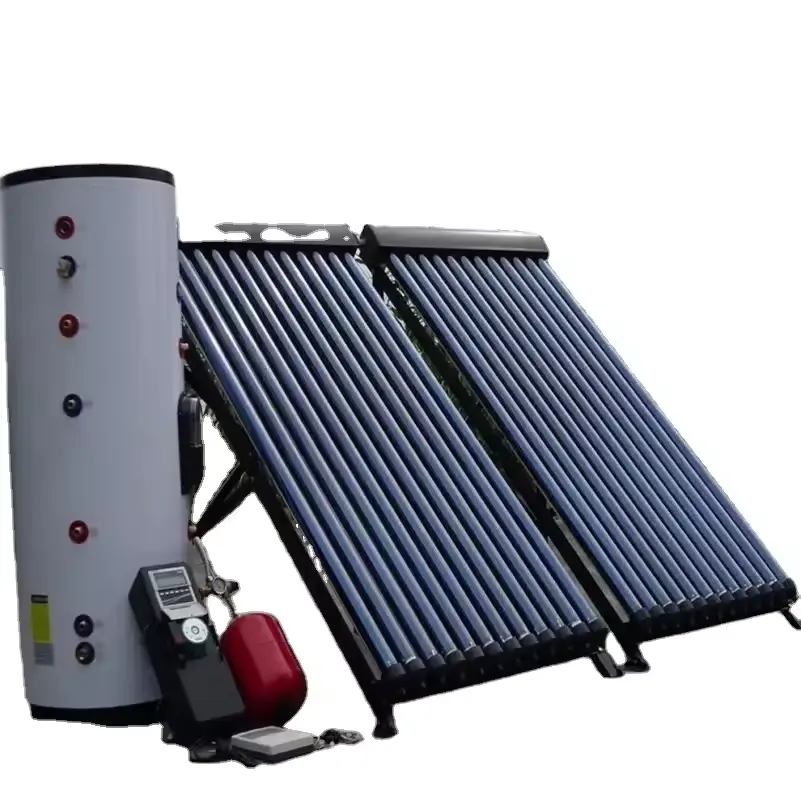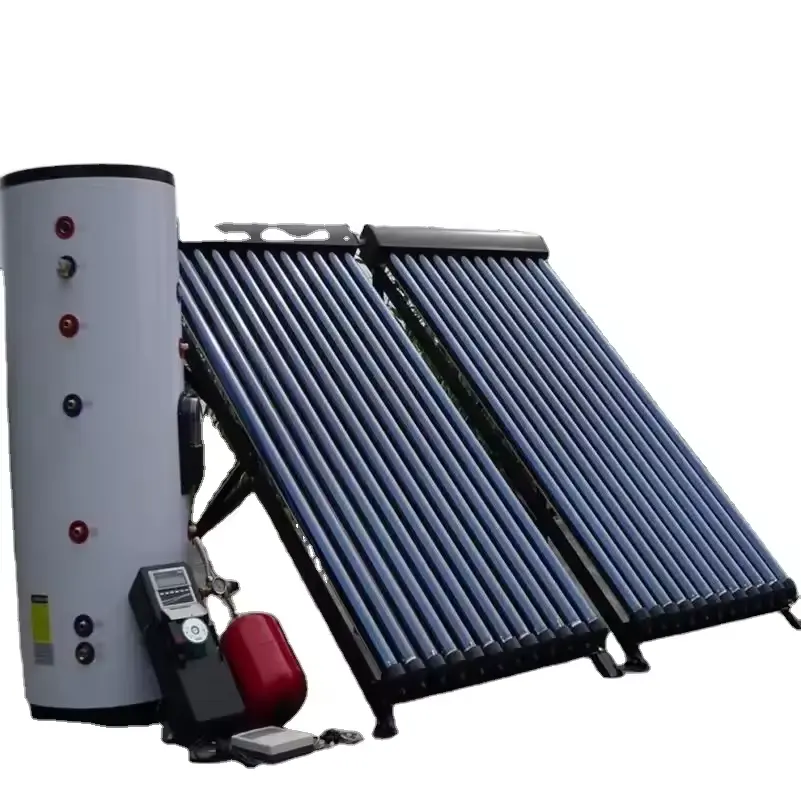Photovoltaic water tanks, also known as photovoltaic floating bodies or photovoltaic floating systems, represent a groundbreaking innovation in the realm of renewable energy. These devices are designed to harness solar energy through the installation of solar photovoltaic modules on a floating structure. By allowing these modules to float on the water surface, photovoltaic water tanks not only generate electricity but also provide a sustainable solution for heating water.

How Photovoltaic Water Tanks Work
At the core of the photovoltaic water tank system is the integration of solar photovoltaic technology with water heating solutions. The floating structure supports solar panels that capture sunlight and convert it into electricity. This electricity can then be used to power heating elements within the water tank, effectively converting solar energy into hot water. The design of these tanks ensures that they remain buoyant and stable, even in varying water conditions, making them suitable for lakes, reservoirs, and other bodies of water.
Key Benefits of Photovoltaic Water Tanks
1. Sustainable Energy Generation
One of the most significant advantages of photovoltaic water tanks is their ability to generate renewable energy. By utilizing solar power, these systems reduce reliance on fossil fuels and contribute to a decrease in greenhouse gas emissions. This aligns with global efforts to combat climate change and promote sustainable practices.
2. Space Efficiency
Photovoltaic water tanks are particularly beneficial in urban areas where land is scarce. By floating on water bodies, they maximize space utilization without requiring additional land for solar installations. This innovative approach allows for the coexistence of energy generation and water resource management.
3. Reduced Evaporation
The presence of photovoltaic water tanks on the surface of water bodies can significantly reduce evaporation rates. This is especially important in regions prone to drought, as it helps conserve water resources while simultaneously generating energy. The shading effect of the floating panels minimizes sunlight exposure on the water surface, leading to lower evaporation losses.
4. Enhanced Energy Efficiency
Photovoltaic water tanks can operate at higher efficiencies compared to traditional ground-mounted solar systems. The cooling effect of the water beneath the solar panels helps maintain optimal operating temperatures, allowing for better energy conversion rates. This results in more electricity generated per square meter of solar panel.
Applications of Photovoltaic Water Tanks
1. Residential Use
Homeowners can benefit from photovoltaic water tanks by integrating them into their energy systems. These tanks can provide hot water for domestic use, such as bathing, cooking, and cleaning, while simultaneously generating electricity for household needs. This dual functionality enhances energy independence and reduces utility bills.
2. Agricultural Applications
In agricultural settings, photovoltaic water tanks can be used to provide hot water for livestock, irrigation systems, and greenhouse heating. By harnessing solar energy, farmers can reduce operational costs and improve the sustainability of their practices. Additionally, the reduction in evaporation helps maintain water levels in irrigation ponds.
3. Industrial Solutions
Industries that require large amounts of hot water, such as food processing and manufacturing, can greatly benefit from photovoltaic water tanks. These systems can be integrated into existing processes to provide a reliable source of hot water while minimizing energy costs and environmental impact.
4. Remote and Off-Grid Locations
Photovoltaic water tanks are ideal for remote areas where access to traditional energy sources is limited. By utilizing solar energy, these systems can provide a sustainable solution for hot water needs without the need for extensive infrastructure. This is particularly valuable in developing regions where energy access is a challenge.
Conclusion
The photovoltaic water tank represents a significant advancement in the integration of solar energy and water heating solutions. With their ability to generate renewable energy, conserve water, and operate efficiently, these systems offer a multitude of benefits for residential, agricultural, and industrial applications. As the world continues to seek sustainable alternatives to traditional energy sources, Tianjin Yuantai Runde photovoltaic water tanks stand out as a promising solution for the future. Embracing this technology not only contributes to environmental conservation but also paves the way for a greener, more sustainable energy landscape.
https://www.yuantairunde.com/green-conversion-from-solar-energy-to-hot-water.html

